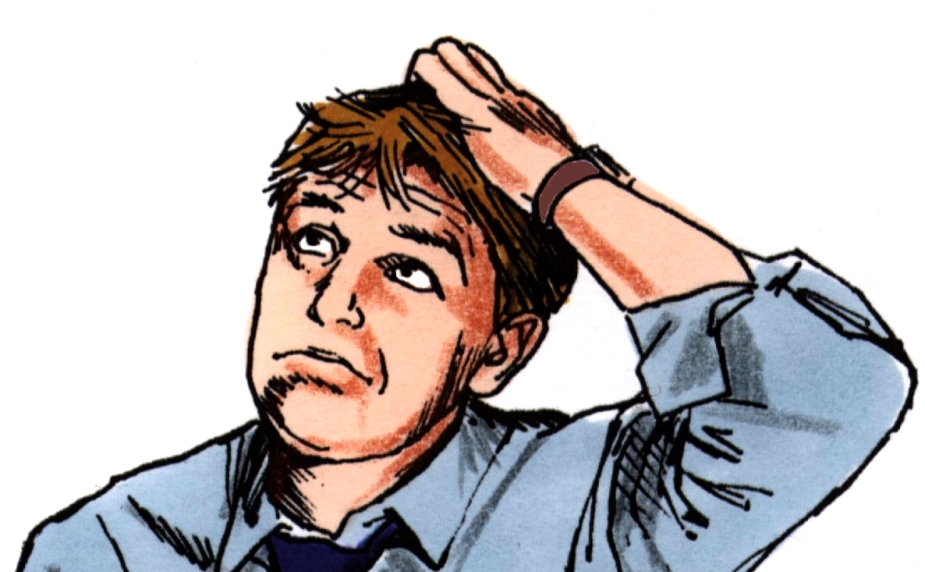SME Enterprise
Are you an Extravert or an Introvert And Is your work in synchrony with your personality?
Do you love interacting with people? Maybe you’d prefer to limit your time to the most interesting person you know…you. These are important questions if you’re thinking of going back to school to pursue a new career. After all, if you’re an introvert – someone who prefers solitary activities such as reading and writing – chances are you won’t really enjoy being a nurse or selling ads. On the other hand, if you’re an extrovert – a person who is energized by being around people and groups – you’d likely go nuts programming computers or crunching numbers all day.

Businessuite News24
Businessuite Special Report P4 | Homegrown Disruption: InterMetroONE & Walkbout.com Position Jamaica’s Answer to Uber–Airbnb
Now is the time for SMEs, associations, and government to align—ensuring that if Uber and Airbnb ever arrive together, Jamaica’s own ecosystem remains vibrant and in control.
Businessuite News24
Businessuite Special Report P3 | Uber x Airbnb: A Strategic Alliance That Could Redefine Jamaica’s Travel Industry – But At What Cost?
The future of Jamaican tourism lies in its ability to integrate into global digital ecosystems without sacrificing local livelihoods. The time for public–private dialogue is now.
Businessuite News24
Businessuite Special Report P2 | Disruption in Jamaica: Uber & Airbnb Business Models
Business Insights
Businessuite Special Report P1 | When Titans Unite: How an Uber–Airbnb Alliance Could Redefine Travel in Jamaica and Beyond
“When Uber and Airbnb join forces, travel transforms. But will it uplift local economies or leave them stranded on the roadside of progress?”
Businessuite Markets
Tropical Battery Q2 FY2025 Demonstrated Resilient Financial Performance Across Group
-

 Businessuite Markets3 weeks ago
Businessuite Markets3 weeks agoScotia Group Delivers 19% Q2 Profit Growth, Net Income Hits $5B for the Quarter
-

 Leadership Conversations4 weeks ago
Leadership Conversations4 weeks agoWhy Some CEOs Resist the Concept of Buy-In
-

 Businessuite News246 days ago
Businessuite News246 days agoIndia’s 10-Minute Delivery Boom: A Blueprint for Disruption—and a Wake-Up Call for Caribbean Courier Companies
-

 Corporate Feature6 days ago
Corporate Feature6 days agoNot Just Vanity Metrics: A Digital Leader Focused on What Matters
-

 Businessuite Women1 week ago
Businessuite Women1 week agoDorothea Gordon-Smith Marks 50 Years of Quiet Power in Waste Management
-

 Business Insights3 weeks ago
Business Insights3 weeks agoYou Can’t Fix What You Can’t See: Why Jamaica Broilers’ U.S. Collapse Wasn’t Just Financial, It Was Strategic
-

 Businessuite News24 International6 days ago
Businessuite News24 International6 days agoIndia’s 10-Minute Delivery Boom: Reshaping Retail, Logistics, and Urban Spaces
-

 Businessuite Markets1 week ago
Businessuite Markets1 week agoMain Event Entertainment Records $9.4M Net Loss For April 2025 Quarter












